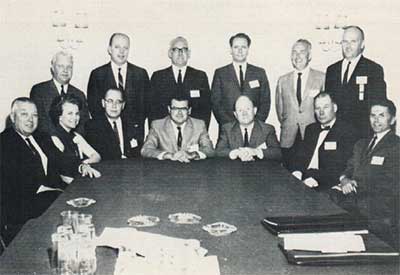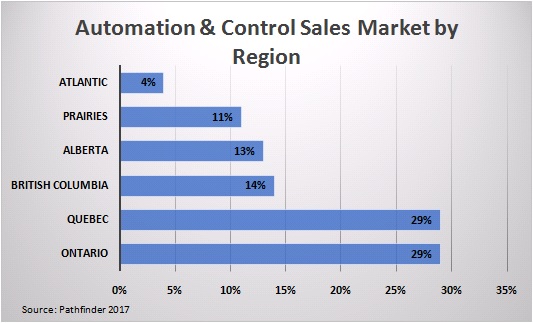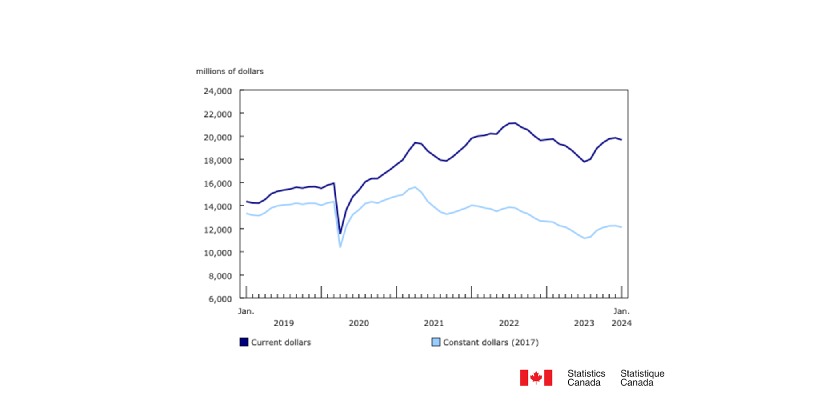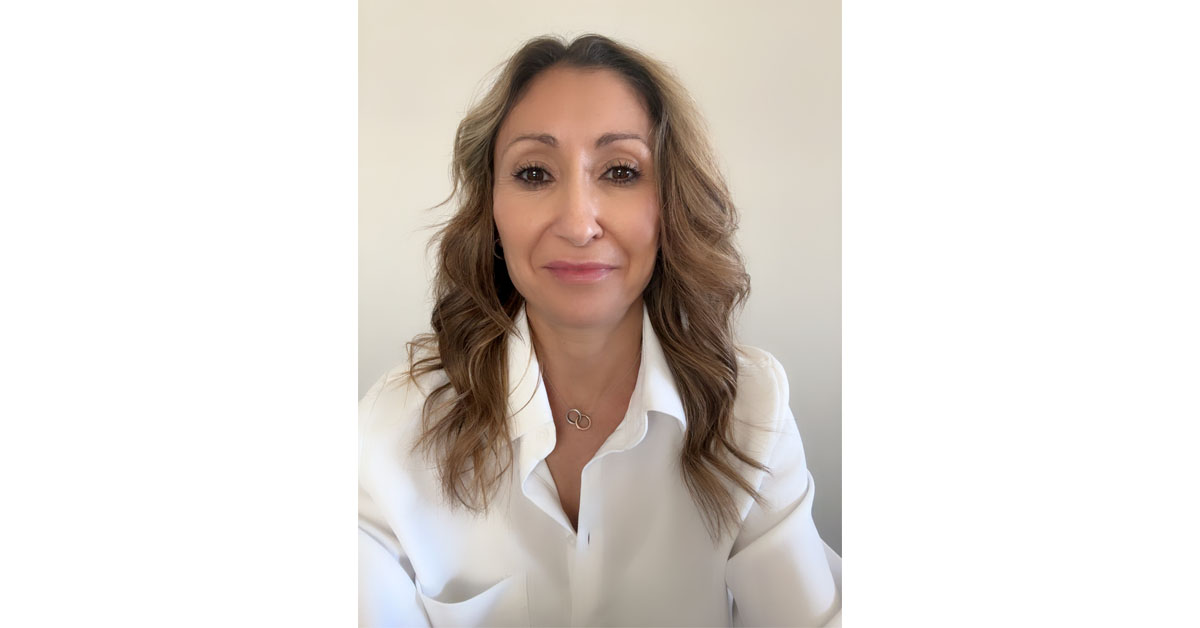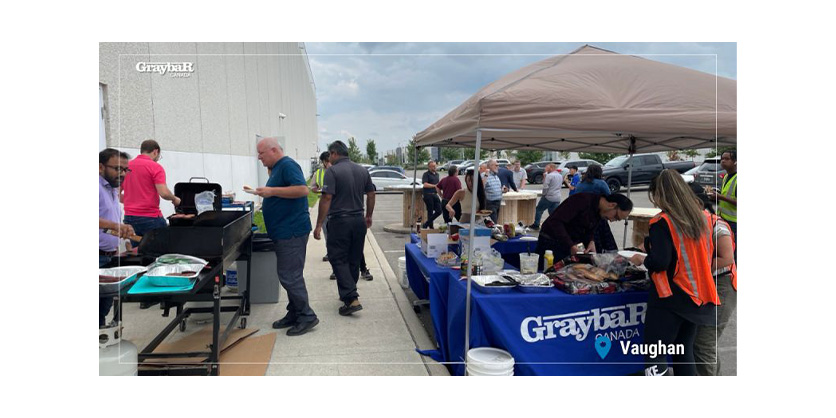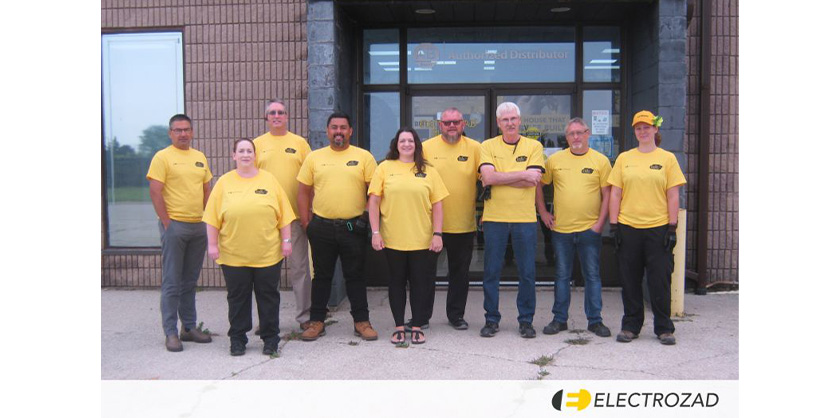Rethinking Inside Sales Part II: Questions that Demand an Answer

July 29, 2020
By Frank Hurtte
In my last post, I outlined the need for changes in the inside sales team. These could best be summarized in four statements:
1. Distributors need to begin the process of better understanding the difference between the functions of customer service representatives and inside salespeople. Today the two are used interchangeably and many people perform a combination of the roles.
2. An inside sales position needs to become a profession with a career path. Too many distributors use the position as a stepping stone to something else. Typically, that something else entails more money and greater prestige within the organization and involves outside sales.
3. A great real inside salesperson can generate at least as much opportunity as an outside salesperson.
4. The COVID pandemic has changed the selling environment. If not permanently, at least for an awfully long time. I believe the smart money is betting on a permanent change.
With these comments and questions behind us, let’s toss out a few questions, important questions which demand some thought.
Does it make sense for an inside salesperson to develop and maintain a relationship with customers?
Most would answer to the affirmative. The question is, what should the relationship be? Is the relationship subservient to the relationship of the outside salesperson? Does the inside salesperson have the authority to make critical decisions? Let’s explore some examples. Does the inside salesperson have the authority to set price levels, question the customer’s choice of products, or introduce a new manufacturer’s rep to the customer without authorization from the outside salesperson? When the situation warrants, can the inside salesperson maneuver through the customer organization to find answers required for a better product recommendation?
Pushing this idea of a relationship further, let’s explore some responsibilities tied to the customer relationship. Is the inside salesperson required to enter data into the CRM system? Things like new customer contact information, opportunity tracking, and needs for further product information come to mind. When quotes are provided, what role should inside sales play in following the quote and perhaps negotiating terms of the order?
If some of these responsibilities sound like they push the limit and extend into the world of the outside sales team, this is the point. If inside sales is to move forward, they must be charged with some areas which overlap the current outside list of responsibilities.
Do customers really care if their inside salesperson is in the same town?
Let’s assume you run a multi-branch operation. In the traditional model, every branch has its own inside sales team. The larger branches may have a dozen or more inside salespeople and the smaller locations may just have one or two people in the role. We evolved into this model over the years. In the old days, getting calls routed from one location to another was tricky and mean. Arguably, local meant more in the 1970s than it does today. Let’s explore the situation.
Let’s look at a small branch and make a couple of assumptions. First assumption: there are two inside salespeople. Second assumption: inside sales is their main duty.
These guys aren’t running the warehouse, making deliveries, or engaging in major activities outside of inside sales. What happens when one of them is on vacation, out on sick leave, or attending a factory training event? Half of the inside sales support goes away. Extending further, what do training activities look like for a new person? Experience dictates training is mostly trial by fire with little substantial ongoing training completed. A lot of mistakes are made, customers suffer in silence but we can’t assume they don’t notice.
We started this topic with the question, “Do customers really care if their inside salesperson is in the same town?” Let’s change this up with a variation of the same question. Is it better to have mediocre inside sales in many locations or great (maybe even world-class) inside sales in a centralized location?
Let’s toss around the advantages of centralization. I have listed them in low to high value:
• Inside salespeople feel they are part of a team.
• Opportunity to provide more product/application/systems training.
• When a member of the team is out, the customer impact is minimal.
• New inside salespeople can be trained and ramped up to speed faster.
(Our experience indicates the ramp-up is cut in half.)
• There is room for an onsite inside sales manager to coach and develop the employees.
• Inside salespeople can develop specialized customer application/domain knowledge.
The final comment brings us to the next question.
Does it make sense for inside people to focus on industry segments rather than geography?
I think it does. There are major differences in the products required by different types of customers. For example, the needs of a contractor are different from an end-user customer. The same is true for municipalities, hospitals, and OEMs. Each segment has different value drivers and time-related needs. Many distributors have already begun segregating customers in their outside sales team. Why not do the same for inside sales?
Should your salespeople be reactive or proactive in their approach to customers?
Based on hundreds of conversations on the topic, I believe most distributor managers wish their inside sales teams were more proactive. This would include the following:
• Suggestions for add-on sales.
• Gathering of data tied to customers. Things like new projects under consideration, technologies being explored, and changes in processes at the customer facility.
• Discovering new contacts at the customer.
• Learning about issues/problems with existing products.
• A better understanding of the competitive landscape.
• Reaching out to customers who are called on infrequently.
Attempts to migrate existing people into these more proactive roles have been met with resistance from inside salespeople who see their role as serving customers rather than “selling” to customers. Ultimately, this needs to change. I believe part of the plan would be to designate those willing to make the change as inside sales and relabeling those who are reactive only as customer service. Along the way, it should be clearly stated inside sales provides different career opportunities.
How closely do your inside and outside salespeople work?
Along with these shifts into the future, management must outline new interactions between inside and outside sales. In a few distributors, forward-thinking outside salespeople have already shifted some of their authority to inside sales, informally developing their own plans for working as a team. This is the exception rather than the rule. In most instances, it is assumed outside sales “owns” the account and the inside salespeople serve as second class citizens in the customer relationship. Most times they are given lots of responsibilities but no authority. I see this sharing of authority as a major divide in the future.
I recommend reviewing of how closely the two teams work. Here would be a great jumping-off point — sharing of calendars. Allow me to illustrate. Assume the inside salesperson discovers a need for the outside salesperson to visit a customer to review an application firsthand. Today, the inside person makes a note and emails the customer’s need to the outside seller assigned to the account. The next day the salesperson reaches out to the customer to schedule an appointment. Times being what they are, the salesperson finally reaches the customer after a couple of days of phone-tag and an appointment is arranged. Now consider a different approach. The customer need is identified, and the inside salesperson accesses the outside person’s calendar. An open slot is identified, and the proper information outlined for the call. Instant appointment, time saved, and the customer needs are satisfied.
The technology has already been purchased to conduct this easy transaction. Why aren’t we using it?
Which customers can access your best inside salespeople?
Earlier we alluded to the idea of segmenting inside salespeople so their expertise aligned with the customers they serve. Let’s back up for a moment. Let’s assume you have an inside salesperson designated for end-user customers. This person is assigned to your biggest and most profitable end-user accounts; each of these companies can generate hundreds of thousands of dollars in business. Assume customer calls are channelled to inside salespeople without any kind of management control. This means Joe’s Garage, which is an end-user account capable of generating $39 in business, has access to your best and brightest resources. Here’s the rub, while servicing good ole’ Joe, nothing is happening for your best accounts. Further, if Joe happens to enjoy the great service and has the direct dial number, his calls could become a persistent distraction.
Accounts covered by the inside sales group should be assigned. Unassigned accounts should be channelled to and perhaps screened by a customer service person rather than inside sales. Why this move? First, customer service transactions require less time and effort, plus they are usually provided at a lower cost to the distributor. If and when the unassigned customer is determined to have potential, a professionally trained customer service person can push them to an inside salesperson. The whole idea is to create better service for good customers and a more efficient service for the distributor.
Final thoughts
Unless you happen to be in a brand-new and well-funded start-up distributor, and lord knows there aren’t many who fall under this heading, your inside sales group probably doesn’t look like the model I have described. Most distributors have good people already in place; they contribute to your company. However, our model is changing. I believe economic storms (like our current situation) are accelerators of change. This one may drive some of the fastest changes in history.
Now is the time to begin asking the questions I have laid out. With that in mind, here are three more questions:
1. Will our customers’ behaviour be impacted by three months, six months, or maybe longer working without close contact with your sales team?
2. Assuming some of your older customers will decide to retire rather than continue after the Coronavirus, will the younger generation embrace your sales model?
3. What small steps can you make today which could push your business forward?
Frank Hurtte is the Founding Partner of River Heights Consulting. The Distributor Channel is a service of River Heights Consulting. Find out more: www.RiverHeightsConsulting.com.





